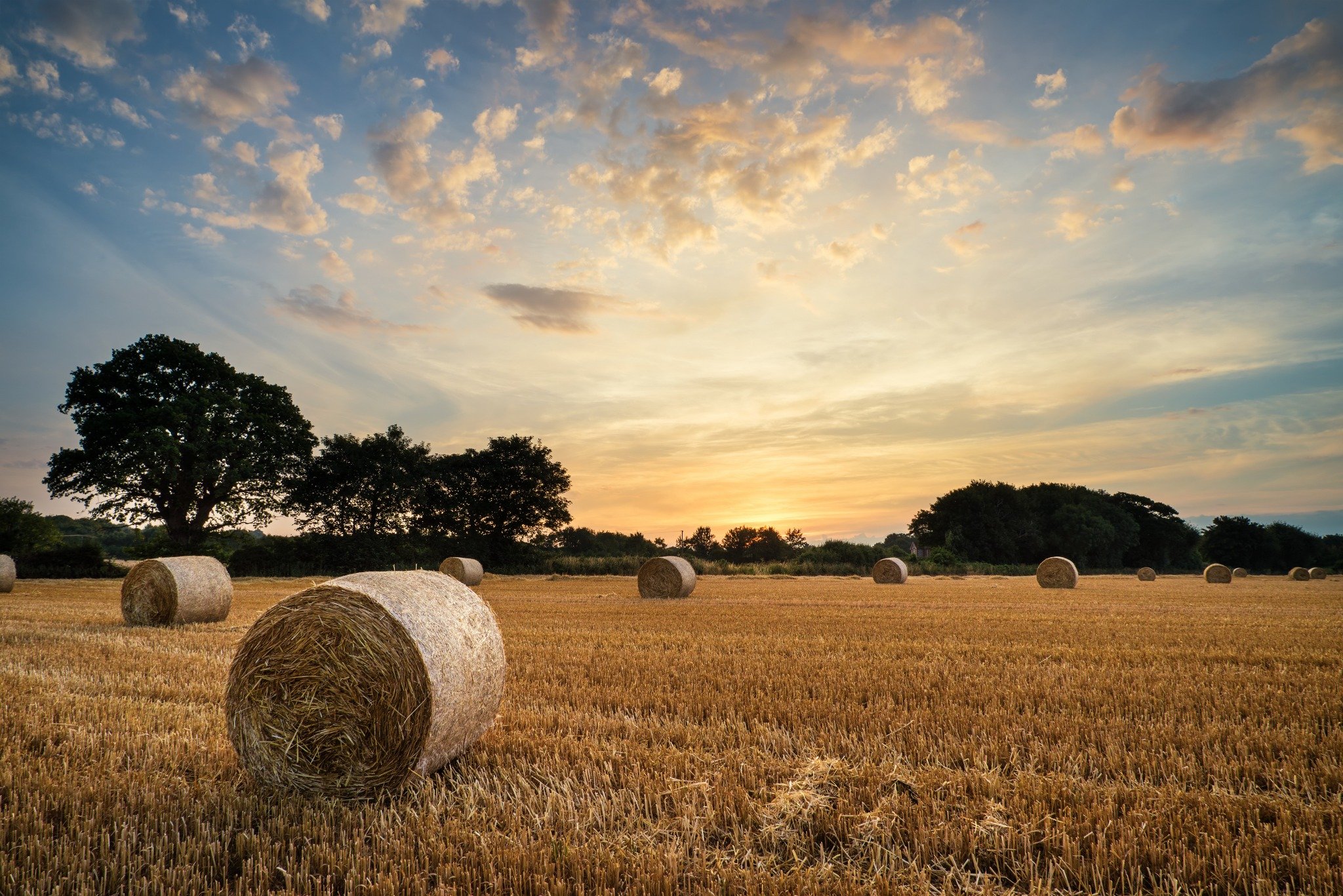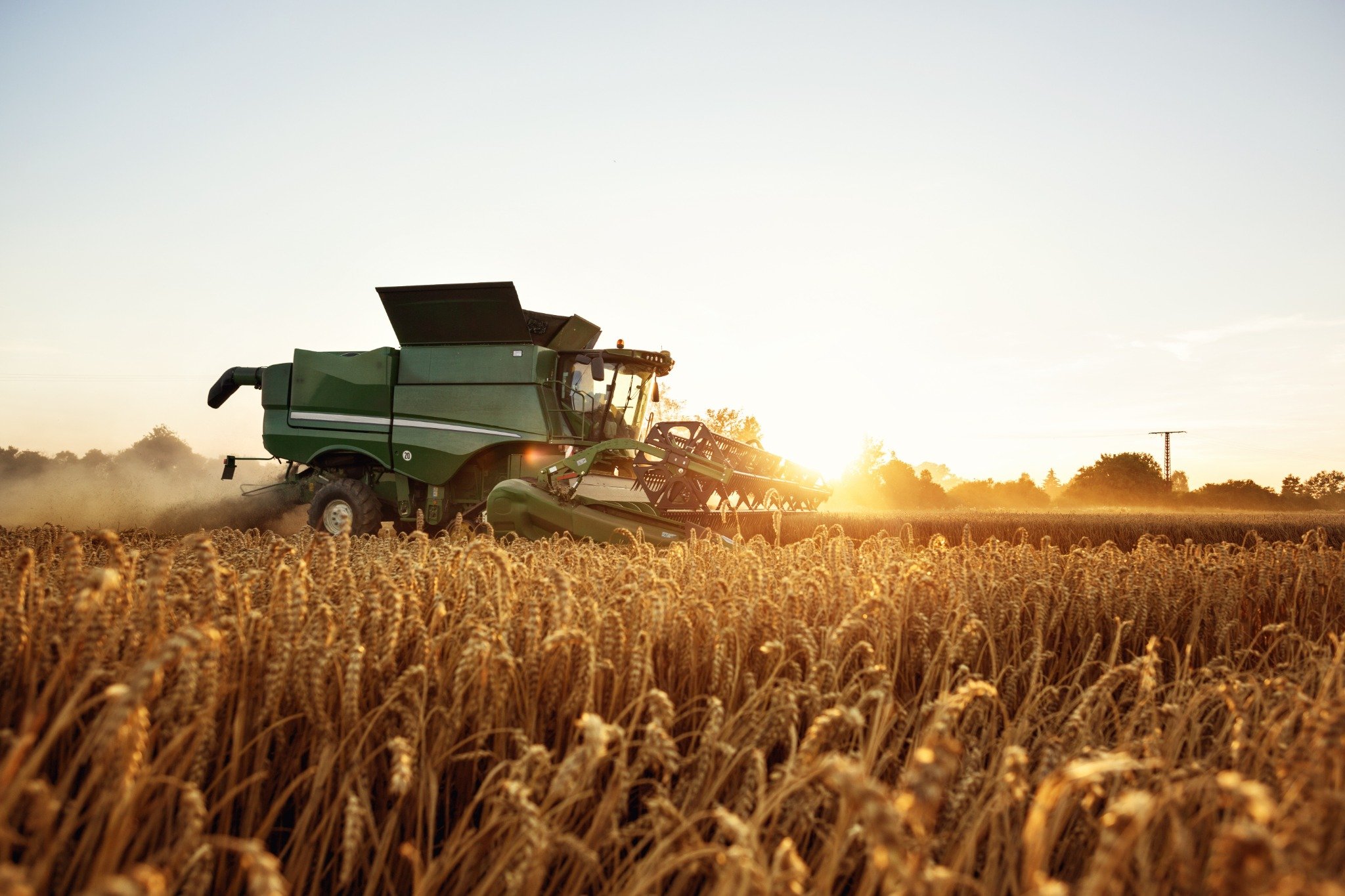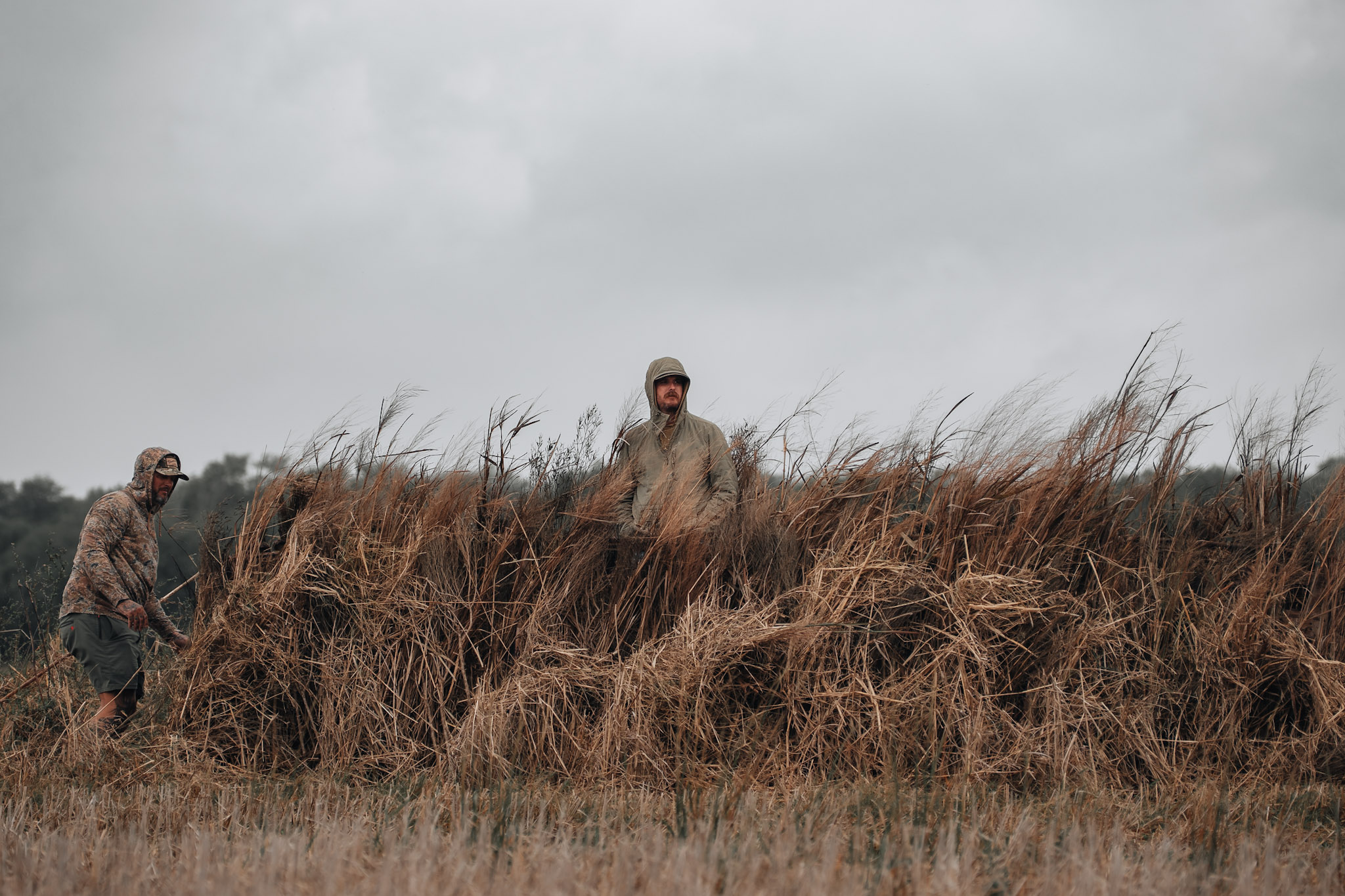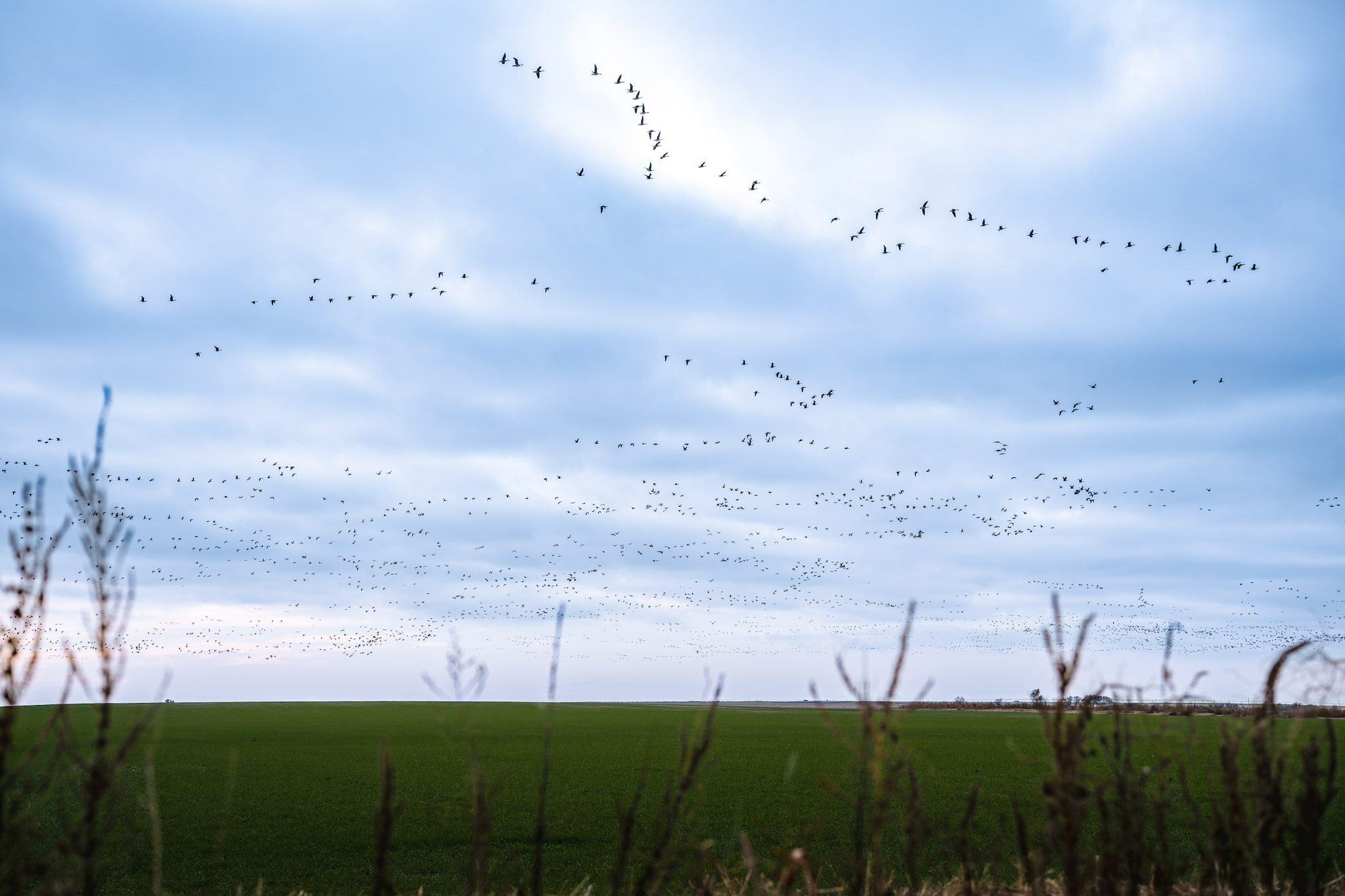
What Is Section 180 and Why It Matters for Landowners
Learn what IRS Section 180 means for landowners across the U.S., how soil fertility deductions work, and how BirdDog helps you capture the value of your land's fertility while managing your property.
Understanding Section 180
If you’re a landowner managing agricultural property, pastureland, or timberland, IRS Section 180 can be a powerful tool in your tax strategy. This provision allows landowners engaged in the business of farming to deduct expenses for soil and land conditioning—including fertilizer, lime, marl, or other soil amendments—as immediate expenses in the year they’re incurred.
Instead of treating these improvements as capital costs that must be spread out over several years, Section 180 lets you deduct them all at once. This lowers your taxable income for that year and helps free up cash flow that can be reinvested directly back into your land.
For example, if you invest $25,000 in fertilization or soil improvement on a newly acquired property, Section 180 may allow you to deduct the full $25,000 that same tax year—rather than stretching it over future years.
Farmers exploring tax-saving strategies may find Section 180 to be one of the most valuable deductions available.
Residual Soil Fertility Deductions
Section 180 doesn’t just apply to new improvements. It also extends to residual soil fertility when purchasing farmland. If your new property already contains nutrient-rich soil (confirmed through soil testing), you may be able to deduct the value of that fertility as part of your acquisition cost. For cropland, improved pastures, or rangeland this can amount to hundreds—or even thousands—of dollars per acre in tax benefits.

Who Qualifies?
To benefit from Section 180:
- You must be actively engaged in farming, ranching, or land management—or if you lease it to farmers or ranchers.
- Landowner needs to have bought the property in the past 10 years (Can't be rented or leased).
- Expenses or deductions should be documented through receipts, invoices, and soil tests.
- Improvements must be tied to the current tax year.
Why Section 180 Matters for Landowners
Whether you manage a working farm or ranch or lease your land for agriculture, Section 180 can significantly reduce your tax burden while improving your property. These savings can then be reinvested in:
- Wildlife habitat improvements like food plots or cover crops
- Water management systems for cattle, irrigation, or waterfowl
- Long-term soil health and fertility for sustainable production
- Enhancing hunting leases and creating more attractive outdoor opportunities
How BirdDog Helps Landowners Execute Section 180
At BirdDog, we know that land management and tax strategy go hand in hand. That’s why we support landowners with:
- Soil testing partnerships to document fertility levels
- Land management planning that aligns with both wildlife and financial goals
- Access to tax professionals familiar with Section 180 and agricultural deductions
- Integration of hunting property management with long-term financial benefits
From boosting whitetail habitat to managing farmland fertility, BirdDog ensures every improvement on your property counts toward both better land value and better tax outcomes.
Bottom Line
Section 180 is more than just a tax deduction—it’s a land management tool. For landowners across the U.S., it offers a way to offset costs, strengthen soil health, and increase the long-term value of your property. With BirdDog as your partner, you can simplify the process, maximize tax savings, and unlock the full potential of your land.
Contact BirdDog today to learn how Section 180 can work for your property and your future.
Read More...

Late-season duck hunting can be one of the most challenging—and rewarding—times of the year. By January, ducks have migrated thousands of miles, survived multiple hunting seasons, and encountered nearly every decoy spread and calling sequence imaginable. These birds are smarter, more cautious, and far less forgiving of mistakes.

For many landowners, winter feels like the slow season. Hunting seasons wind down, fishing slows, and day-to-day ranch or property work often takes a back seat. But in reality, winter is one of the most productive and strategic times of the year to make improvements to your land—especially if you manage your property for hunting, fishing, or outdoor recreation.

January marks the final push of the duck season, and for many hunters, it’s the most challenging—and rewarding—time to be in the field. The migration is still moving, cold fronts are active, and bird numbers can be incredible. But by January, waterfowl have been pressured for months. They’ve heard every call, seen every decoy spread, and watched hundreds of hunters walk into public marshes.



